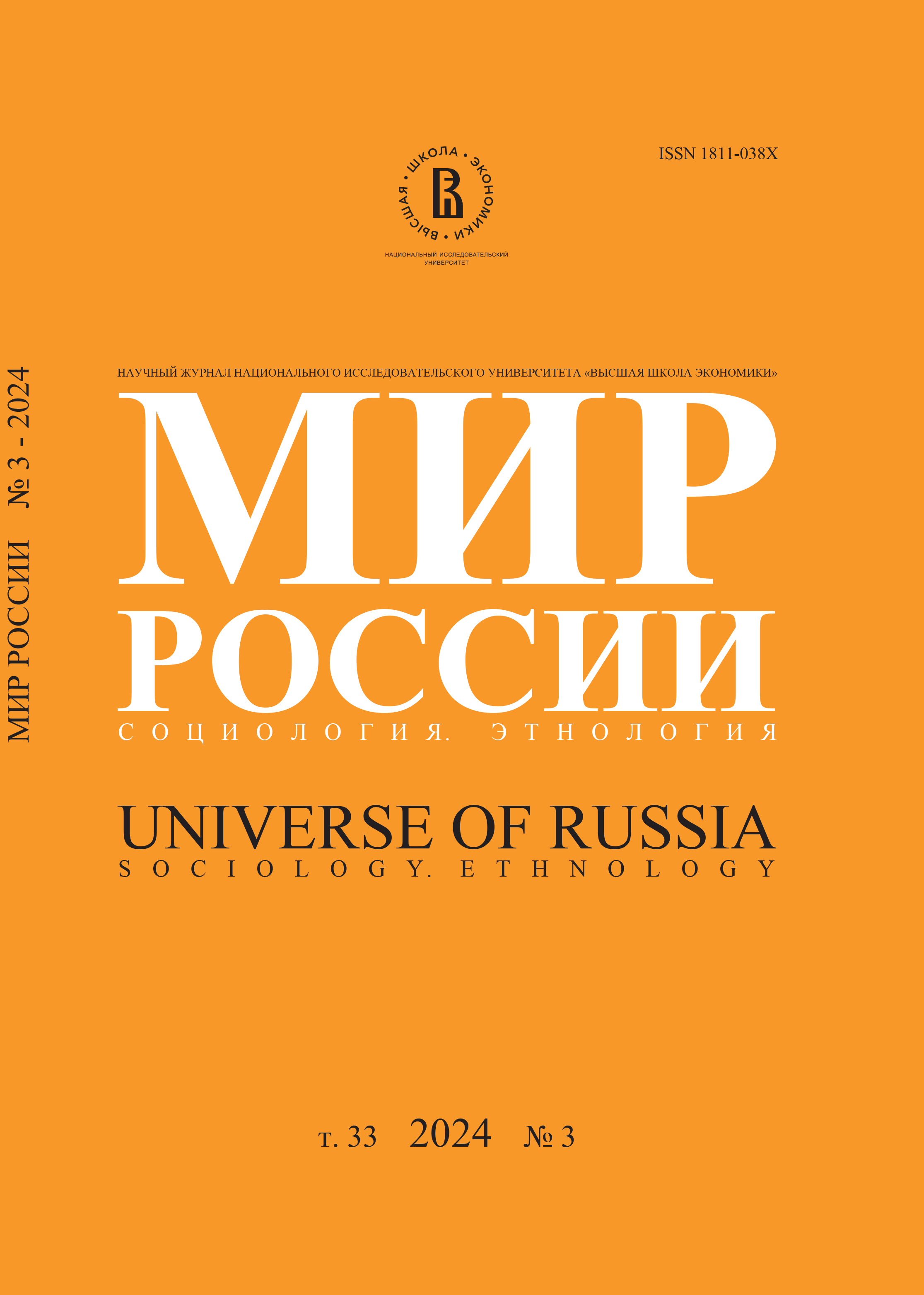Globalization Stages in the History of Civilizations
Book review: Sachs J. (2022) Epochs of Globalization: Geography, Technologies and Institutions, Moscow: Publishing House of the Gaidar Institute (in Russian).
Abstract
One of the latest print phenomena coming to Russia from the West is the book “Ages of Globalization” by American economist Jeffrey Sachs, which was published in Russian with a two-year delay. There is no doubt that this book marks a significant event in the intellectual life of humanity. This article discusses the author’s main theses concerning the typology of globalization periods and their geometric representation, proposing a hypothesis about the existence of an evolutionary law that sets the spatio-temporal invariance of each stage of development. Mathematically, this hypothetical law resembles Hubble’s law in astrophysics, and its geometric interpretation suggests that the areas of all figure-stages are equal. This implies that the growth in the scale of human activity at a certain stage of globalization is accompanied by a reduction in the time of its realization. The article explores the ambivalence of “cooperation-competition”, according to which intragroup cooperation develops only due to the existence of intergroup competition. This principle creates an insurmountable barrier to attempts to build “peace throughout the world” and simultaneously explains the civilizational pulsations arising from the weakening of international contradictions, followed by the destruction of the internal unity of empires and hegemonic states. A panorama of the evolution of energy sources for social development is presented, showing how human communities have competed for all types of energy, from food for humans and animals, the muscular power of animals and people, up to mineral resources and the greed of free people in modern times. The latter fact required humanity to align ideology with energy sources by justifying greed as a positive personality trait, which provoked massive cruelties and injustices over the last five centuries. In examining the mechanism of the self-organization of society into a single complex of “Evolution-Destiny-Fortune,” the one-chance principle was formulated: if favorable conditions were not utilized in time, there would be no second chance. It is shown that this principle determines the irreversibility of certain civilizational failures, which cannot be compensated for over any historical period. Special attention is given to the bidirectional links between climate and economy, with the idea that Russia might benefit from climatic warming of recent centuries, as the melting of Arctic ice begins and the Northern Sea Route clears.






